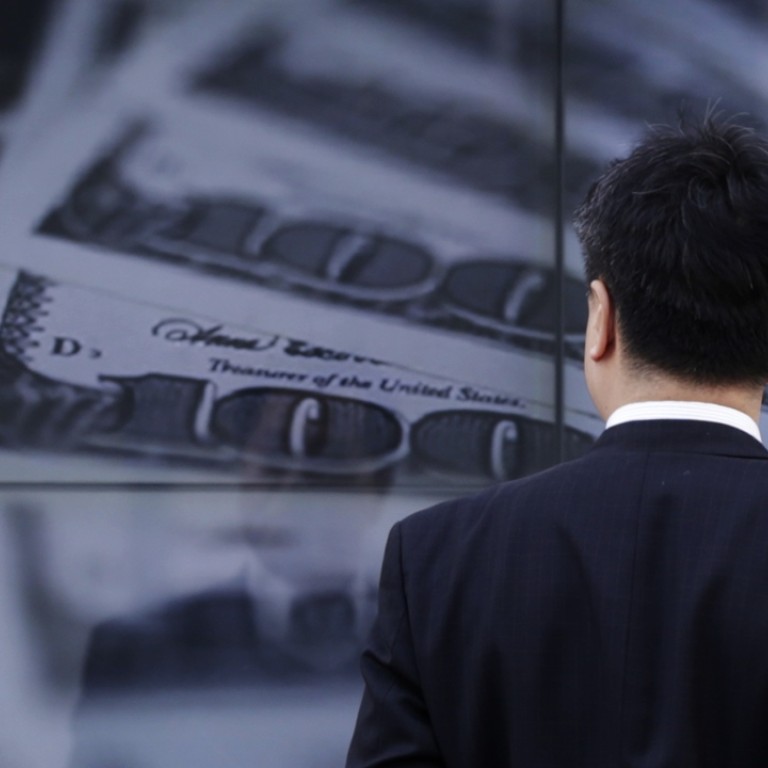
Hong Kong’s long history of money laundering
In the age of gentlemen bankers, suitcases stuffed with US$100 bills were accepted without question
“Is that a hangover hiding behind those sunglasses?” asked my editor.
“Of course not,” I replied.
“Are you a heavy drinker?”
“I would characterise my drinking as being at the upper end of social.”
I asked for another opinion column. And for my sins they gave me one.
Money laundering. It used to be an honourable profession. At least it was in Hong Kong back in the day. I’m talking about the ’60s, ’70s and ’80s, when no one asked you about how you made your money. And money launderers and couriers made an open and honest living in a town built on underground financial services.
Today, financial regulations have become so difficult and intrusive that opening a savings account requires everyone to prove they are not a terrorist or head of a Mexican drug cartel.
It’s not only an issue of privacy – Chinese don’t like to be asked and it is taboo to ask how someone makes their money. And even today, visitors’ forms at Hong Kong customs don’t ask how much money you’re carrying. It’s a pervasive attitude that was cultivated from Hong Kong’s pirate years as an open port and opium trading centre.
When the war ended it left a network of contacts, clients and willing couriers who intimately understood the banking landscape
From the 1960s through to the 1980s, the Vietnam war and rising Asian economies generated both legal and illegal wealth. Hong Kong was a law-abiding money laundering centre for all of that treasure, whether you were a dictator looting your government’s treasury, a general running a jungle heroin lab in the Golden Triangle or everyone else in between.
Air America, the CIA-sponsored air transport network, was the US government-enabled platform for contraband smugglers. And when the war ended it left a network of contacts, clients and willing couriers who intimately understood the banking landscape.
Hong Kong’s banks of that time offered the best in money laundering services. You could stay in a hotel room and a bank – Swiss, American or local – would send over a courier to take delivery of your entire suitcase of US$100 bills in exchange for a receipt with a chop stamp. Then, an hour later the courier would return with your account statement or passbook without any of the stigma associated with today’s onerous applications.
Regular hang-outs for couriers and their bank relationship officers during that era included the Foreign Correspondents’ Club, whose colourful members and the club itself became the setting and characters in John le Carre’s The Honourable Schoolboy.
Then, there was also the Mandarin Oriental’s Captains Bar– truly a social networking crossroads before the internet existed. You could meet desirable and undesirable people from your past in this home of the “X-women”: ex-wives, ex-girlfriends, ex-stewardesses and ex-models.
And if you wanted to enjoy a night at the races, just accompany a member of what was then named the Royal Hong Kong Jockey Club. The clerks would accept your suitcase of bills through their teller windows and write you a cheque at the end of the night. One retired courier told me he could depend on the club to reliably count the case while he sipped a snifter of Martell at the bar. All banks honoured cheques from the Jockey Club. Truly, it was the age of gentlemen bankers.
Peter Guy is a financial writer and former international banker

